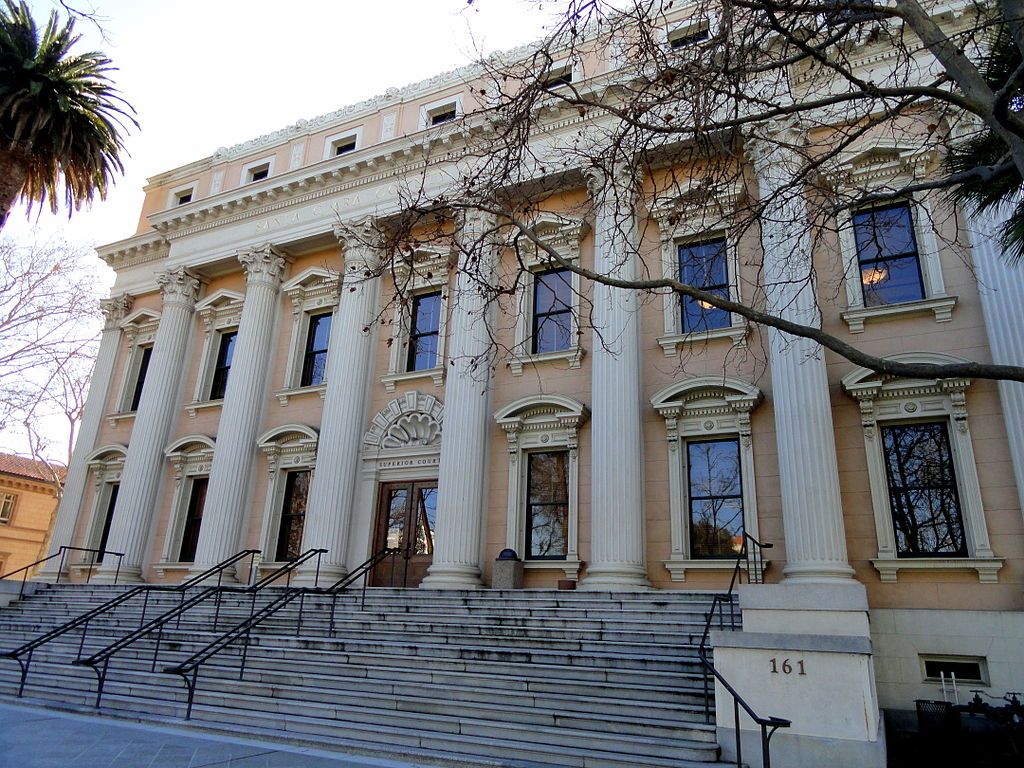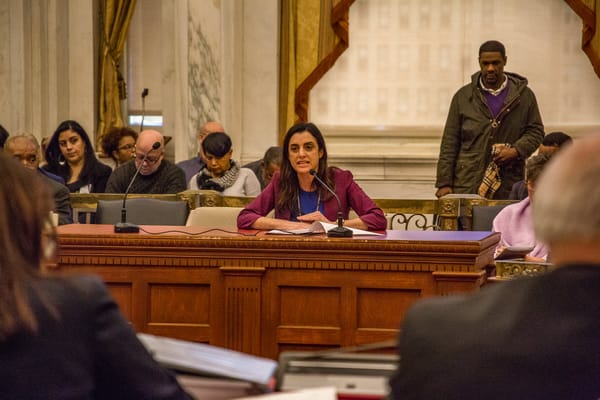Rape Prosecution and the Social Hierarchy

In her book Down Girl: The Logic of Misogyny, at the end of a section about the People of the State of California v. Brock Allen Turner, Kate Manne writes:
When we ask “cui bono?” and “what is the point of her pursuing this?” we undermine the standpoint from which a rape victim testifies: as the person on whose body a crime against society was wrought. And this marks a recognition that her body, though hers and hers alone, is also that of someone whose interests we are collectively invested in protecting. Or, at least, that ought to be the case: a moral aspiration.
She goes on to note that we often ask different questions about rape reports and the people who file them than about burglary reports, for example. Why should that be so? Why don’t we ask who benefits from prosecuting burglars and murderers? What is special about rape?
A crime against society
Criminal prosecutions are carried out in the name of “the people” by an officer of the state. Prosecutors are meant to be disinterested parties standing between a victim and the accused, to mitigate the victim’s natural (although not universal) desire for revenge and retribution. We also recognize that crimes and criminality are a social problem, not merely a problem for the individual victims where such victims even exist.
That is, we prosecute crimes in the way that we do because we understand that it is to the benefit of all society to seek justice for crimes against persons and property, and our conception of justice, therefore, requires us to not ask who benefits from any given prosecution: the answer is ideally meant to be “we, the people, do.”
It would seem the answer should be the same for rape, a physical violation of a person’s body. Historically, however, rape has often been specifically defined as a crime only committed against women by men they are not married to, and often defined not as a crime against her body, but as a crime against her father’s or husband’s property.
Thus, the sense in which rape has been a crime against society has not been due to violations of a woman’s body or even necessarily to the sex being nonconsensual. Instead, whether or not something can be considered rape has had more to do with their existing social relationship—husband and wife, for example, or master and slave—and preservation of the desired order.
The definitions, at least in the United States, started to shift, particularly in the twentieth century, as women gained rights, gender roles began to change, and the view that bodily integrity and autonomy are basic human rights began to gain in popularity. It has only been within my lifetime that the law in the US has recognized that a husband cannot rape his wife because she has some right to govern what happens to her body, and it wasn’t until 2012 that the FBI expanded rape laws to include victims who are not women.
Rape is still often treated, by police, prosecutors, and the public, quite differently from other serious crimes. It is among the most underreported of crimes. If a victim even files a formal complaint, it is frequently not investigated; physical evidence can lay untested for years. One investigation found that hundreds of rape kits were destroyed before the statute of limitations ran out. During all phases of a rape investigation and prosecution, stereotypes reign. Victims are more likely to be believed when they fit a certain profile of age, race, appearance, and behavior. Investigators and jurors alike frequently believe that women who do file complaints are lying, seeking revenge, or merely regretting consensual sex.
Even when a rape investigation seems likely to lead to an arrest and trial, rape has traditionally been subject, at least in the US, to more stringent evidentiary burdens than other crimes. Changes to these rules have been slow in coming, and the public’s opinion about a victim’s testimony has been even slower to reflect those changes, due to widespread stereotypes about vengeful women and false accusations. False accusations do happen, of course, as they do with all crimes; however, it is helpful to know that most false rape reports follow specific patterns and are filed by the same types of people, usually people with serious mental illnesses or criminal histories.
On whose body
I believe that one reason these attitudes and difficulties persist is that men—despite increasing awareness of male victims of rape and sexual assault—do not see themselves as equally victims of the crime of rape, in the way they can imagine themselves as plausible victims of the crime of burglary, say, or assault. This may be due in part to how recently definitions of rape have changed to emphasize consent and force, as opposed to defiling someone’s property, for example, or the chastity of the woman victim.
When we do discuss male rape victims, they are most often children, and children are already known to be uniquely vulnerable to abuse from those who have power over them. Sexual crimes committed against children are more likely to be taken seriously, and they are often less morally complicated because we have already decided, as a legal matter, that children cannot consent. This is all quite different from rapes involving adult victims.
Furthermore, adult male rape victims are frequently seen as “deserving” in some way. The adult male victim who most typically comes to our thoughts is a prisoner, and for many people, prison rape is a thing to joke about, not to treat seriously as a crime. We routinely disassociate ourselves from what prisoners endure, because we aren’t the sort of people who would end up in prison, and be subjected to it. We would never fall so low.
Of course, these are not the only adult male victims of rape, whether the perpetrator is a man or woman. But those are the ones we hear about most often, the ones that leap most readily to mind.
And so men who are not any of these things, who do not see themselves in any category they perceive as a victim—prisoner, gay or presumed gay, gender nonconforming, children—cannot really see themselves in the role of rape victim. It’s a kind of tautology: to be a free man is also not to be a rape victim. That isn’t their place in the social hierarchy.
Hence it is a stretch to see rape as a crime against society. Instead, it is something that happens primarily to people in certain social roles, particularly social roles that have a distinct lack of power: children, prisoners, unchaste and fallen women. Not normal people. The social order is not really threatened by crimes that are perpetrated only on deserving victims.
And so we keep finding ourselves in the position of asking about the prosecution of someone accused of a serious crime against a person, what does she expect to gain from this?
Featured Image is Old San Jose Superior Court




